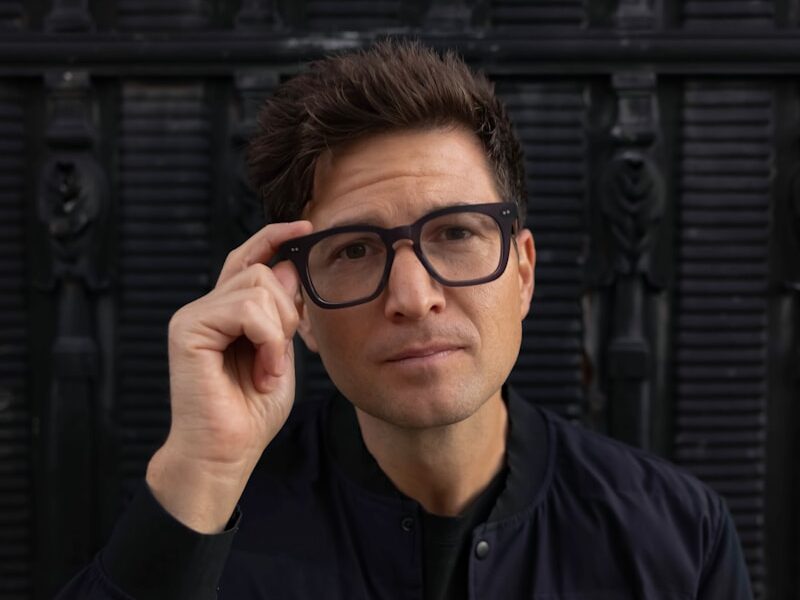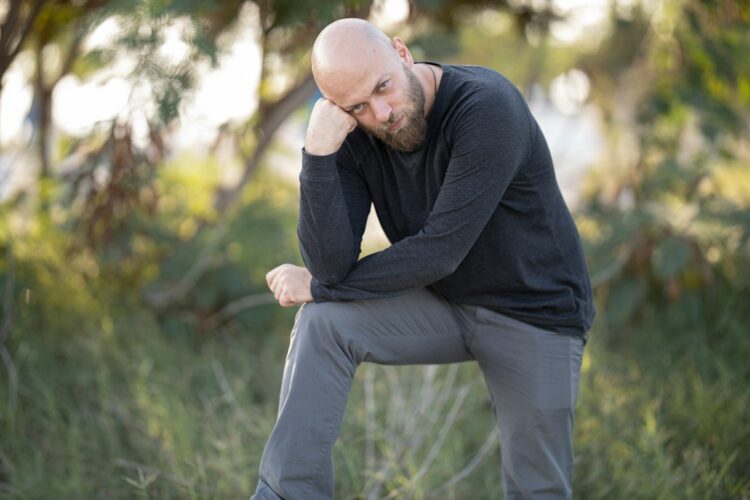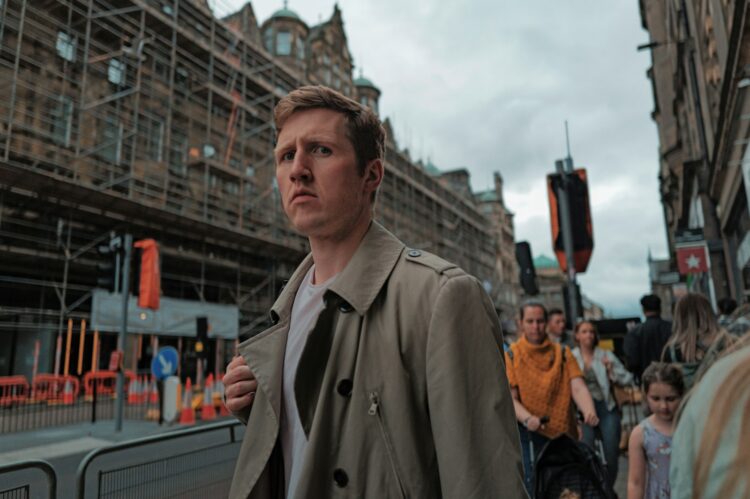
Insecurity doesn’t always walk into the room loud. Sometimes it slips into the tiniest phrases—things tossed out casually, meant to sound harmless. A laugh that lasts a little too long. A comment was brushed off with a shrug. The words aren’t big, but the weight underneath is heavy. They blend into conversation until you learn to listen closer. Then you hear it: the soft edge of doubt, hidden in plain sight.
I’m Just Joking

It comes after a dig that stings. The laugh is quick, too quick, followed by the words “just joking.” That’s how people soften the edge, how they test whether it’s safe to say what they really feel. If you wince, they retreat into the joke. If you smile, they press a little further next time. Humor isn’t always about laughter—it’s often a mask to hide insecurity.
I Don’t Care What People Think

Spoken loudly, repeated often, this phrase usually signals the opposite. People who truly don’t care rarely need to announce it. This is self-protection disguised as indifference. It’s a way of rehearsing courage, of convincing themselves. Deep down, the fear of judgment still lives. The louder the declaration, the more likely the speaker craves approval. Real confidence is quiet. Insecurity often arrives dressed as defiance.
I’m Fine

Two words that rarely mean what they say. Delivered flatly after a long pause, or too quickly to sound convincing, “I’m fine” hides everything from sadness to frustration. It’s the phrase people use when they don’t feel safe sharing the truth. The repetition makes it automatic. You ask again, and maybe the silence tells you more than the words. “Fine” is often code for “not fine at all.”
I’m Not Good Enough

This one rarely comes out in full sentences. It’s tucked into “I’m probably not the best at this” or “I doubt I’ll do well.” The phrasing lowers expectations before anyone else can. People say it to soften potential disappointment, to protect against judgment. What it really reveals is fear of failure. The words sound modest, but often they’re masks for deep uncertainty about worth and ability.
I Don’t Really Care About That

Sometimes indifference is genuine. Other times, it’s a shield. When someone brushes off an achievement they wanted or pretends not to care about an opportunity they missed, it’s insecurity talking. By minimizing their desire, they protect themselves from the sting of losing. The dismissal feels casual, but the edge in their voice often betrays it. Underneath “I don’t care” sits disappointment that they don’t know how to show.
I Was Just Lucky

Someone lands a promotion, nails an exam, or creates something brilliant. Instead of owning it, they wave it off with, “I was just lucky.” Once or twice, it sounds modest, but when it becomes a habit, it shows something deeper. They’re uneasy taking credit, afraid of being seen as proud, and afraid of not living up to the moment again. Chance becomes their shield. Talent sits unclaimed, waiting for them to believe it.
I’m So Stupid

Spilled coffee, missed turn, forgotten email—the phrase slips out like a reflex. Saying “I’m stupid” about small mistakes is more than self-criticism. It’s insecurity bubbling to the surface. Repeated often, it becomes a habit, a way of shrinking themselves before anyone else can. People who trust their own intelligence don’t label themselves harshly for tiny errors. This phrase reveals someone battling their own inner critic, out loud.
I Don’t Need Help

Refusing help doesn’t always signal strength. Sometimes it’s fear of looking weak, fear of being judged, or fear of feeling indebted. “I don’t need help” comes out sharp, defensive. It builds walls instead of bridges. Insecure people often feel that accepting help will confirm their inadequacy. The phrase protects the ego, but it also isolates. True confidence accepts support without losing pride.
At Least I’m Not Like Them

Comparison is a common shield. When someone points to another person’s flaws as a way of defending themselves, it shows where they feel small. “At least I’m not like them” is rarely about the other person—it’s about trying to feel bigger by contrast. This phrase signals insecurity through deflection. Rather than facing their own discomfort, they project it outward. The relief is temporary, but the habit lingers.
I Could Never Do That

It sounds like admiration, but the words often carry a sting of envy. “I could never do that” isn’t just about praising someone else—it’s about lowering themselves in comparison. They’ve convinced themselves the gap is too wide, the risk too big, the talent too rare. Insecurity convinces them before they even try. Admiration on the outside, self-doubt inside. A door closed without ever reaching for the handle.
I’m Just Tired

Fatigue is the safe story. No one questions it, no one pries. That’s why “I’m tired” slips out so easily. But often it doesn’t mean lack of sleep—it means the weight of worry, the drag of sadness, the quiet storm of stress. People hide behind exhaustion because it’s easier than saying “I’m not okay.” It’s the socially acceptable mask for feelings that run far deeper.
Nobody Ever Notices Me

Sometimes it’s said with a laugh, sometimes muttered under breath, and sometimes dropped into conversation like bait. “Nobody notices me” isn’t always a joke—it’s a plea. The insecurity here is about being invisible, about not mattering enough to be remembered. The words hint at loneliness without saying it outright. What they want is simple: to feel seen, to feel valued. But instead, the need sneaks out disguised as a complaint.
I Don’t Deserve This

A promotion, a gift, and even kindness from a friend—some people struggle to accept it. “I don’t deserve this” slips out, not as humility but as insecurity. They feel unworthy, guilty for receiving more than they believe they’ve earned. The phrase reveals a struggle with self-worth. Instead of celebrating the moment, they shrink it. True confidence says thank you. Insecurity insists on unworthiness.
I Hate How I Look

Mirror glances followed by sighs, complaints about weight, height, skin, and hair. “I hate how I look” comes out often, sometimes daily. It’s one of the rawest signs of insecurity, wrapped in self-criticism. Society feeds it with endless standards, but the repetition makes it personal. Even casual remarks reveal deep unease. The phrase isn’t just about appearance—it’s about wanting acceptance and not finding it in the mirror.
You Don’t Understand

It sounds defensive, and often it is. When people say “you don’t understand,” it can be a shield against vulnerability. Explaining would mean opening up, revealing too much. So the phrase cuts conversation short. It reveals insecurity in the belief that their feelings can’t be understood—or worse, won’t be validated. Rather than risk rejection, they retreat into this phrase, keeping others at a safe distance.

